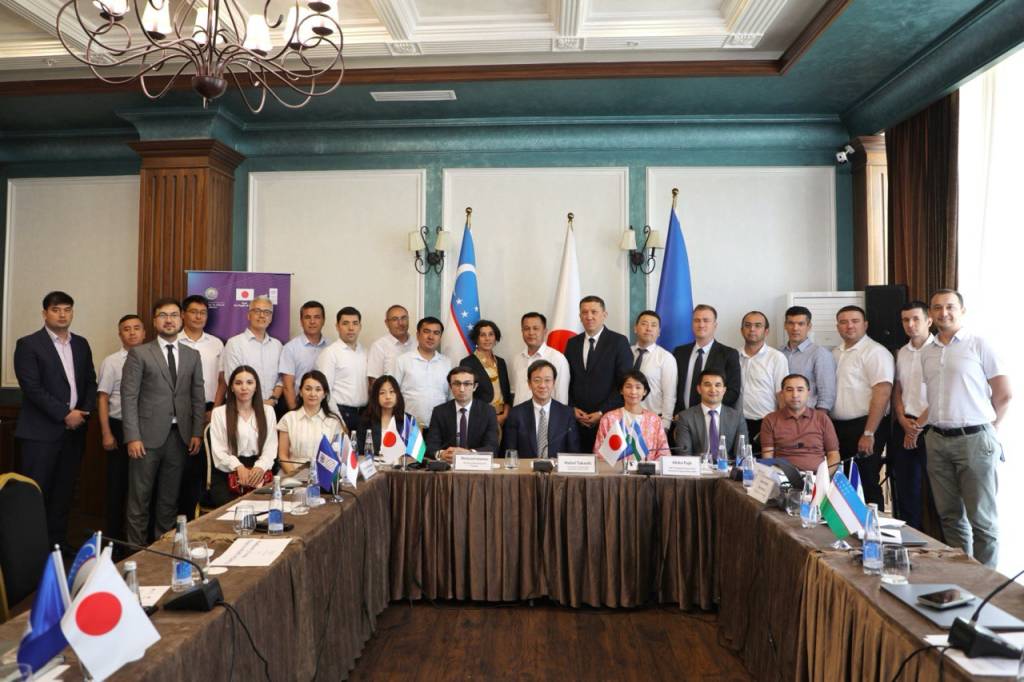
A new project aimed at reducing greenhouse gas emissions and improving energy efficiency in schools, hospitals, and public transportation has been launched in Uzbekistan.
The initiative is being implemented by the United Nations Development Programme (UNDP) in Uzbekistan with the support of the Government of Japan and the Ministry of Economy and Finance of the Republic of Uzbekistan. The project is focused on addressing energy crises caused by extreme temperatures and developing infrastructure in the country that is more resilient to sudden climate changes.
What will the project deliver? School, hospital, and kindergarten buildings will have thermal insulation, energy-efficient windows, heat pumps, and solar panels. These measures will reduce energy consumption and ensure year-round comfort. In addition, CO₂ emissions and air pollution will be reduced. Using clean technologies and decreasing reliance on fossil fuels will lower the carbon footprint and improve air quality in urban and rural areas. Modern heating and cooling systems will provide a stable indoor climate regardless of seasonal or weather extremes. Moreover, pilot solutions are being introduced for electric transport, the development of charging infrastructure, and monitoring air pollution along transport routes. The Joint Crediting Mechanism (JCM) will attract financing, technology, and expertise from Japan, creating the conditions necessary for scaling up successful solutions across the country.
Why is this important? The country’s energy system is regularly overloaded during periods of extreme weather. More efficient infrastructure will help reduce dependence on fossil fuels, lower utility bills, and improve people’s quality of life. At the project’s core is international cooperation based on collaboration between Japan and Uzbekistan within the framework of the Paris Agreement. The initiative will contribute to the country’s goals of reducing emissions by 35% and increasing the share of clean energy to 25% by 2030. According to representatives of UNDP and the National Agency for Energy Efficiency, this project is not just about the environment – it is about comfort, health, and a sustainable future.
UzA








